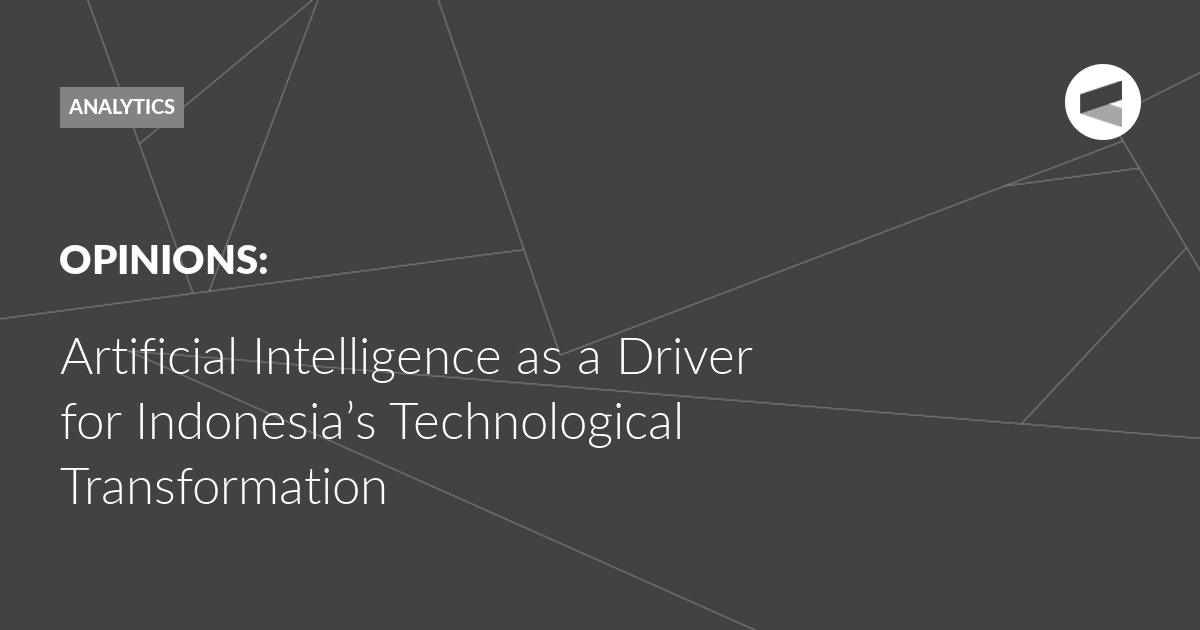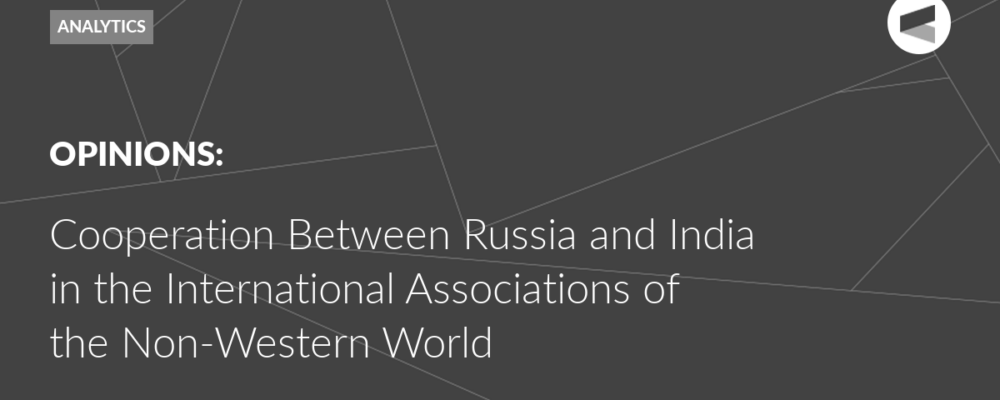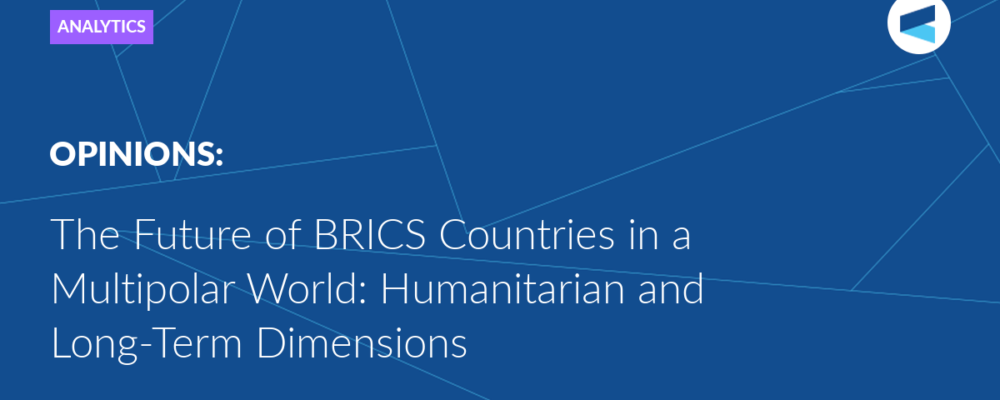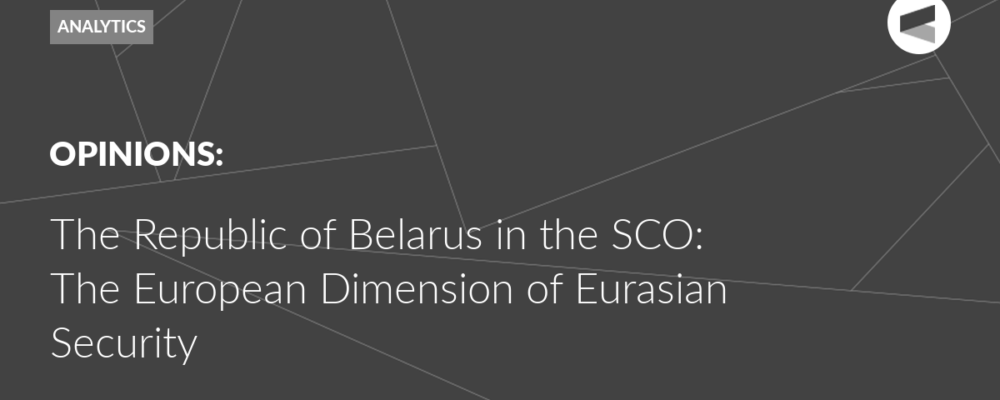The development of artificial intelligence (AI) technologies occupies a special place in Indonesia’s national policy, which is aimed at fully digitalising all sectors of the economy. Joko Widodo, when he was the President of Indonesia, said that any country “that controls AI can potentially rule the world.” With this statement, he elevated the role of AI in Indonesia’s digital transformation and launched a series of initiatives aimed at laying the foundation for the further development of breakthrough technologies in Indonesia.
The Agency for the Assessment and Application of Technology (BPPT) was tasked with conducting initial discussions with all stakeholders: government agencies, universities, industry associations, and national telecommunications companies. These consultations resulted in the development of the National Artificial Intelligence Strategy, which was published in 2020. The document set out a national policy for the development of artificial intelligence for the period from 2020 to 2045. It outlined five national priorities that were expected to be most impacted by AI: (1) healthcare; (2) the provision of electronic services to the population; (3) education; (4) food security and development of smart agriculture; (5) the development of ‘smart cities’. In support of these five national priorities, the National AI Strategy identifies four key areas of technology development: (1) Ethics and Politics; (2) Talent Development; (3) Infrastructure and Data; and (4) Industrial Research and Innovation.
Thus, based on the above, we can see that Indonesia has attached great importance to the development of advanced technology in its national policies and has set the ambitious goal of becoming a leading hub for AI in Southeast Asia.
Today, Indonesia has several startups that have gradually taken a leading position in the field of AI in Southeast Asia. For example, Gojek, a one-stop platform for providing various services, has developed a basic machine learning model for creating personalised customer preferences. In addition, this startup is also exploring the possibility of applying AI and machine learning technologies to provide biometric security features such as fingerprint and facial recognition. Tokopedia, another Indonesian startup, specialises in e-commerce. The company also promotes AI research and talent development through a partnership with the University of Indonesia, which launched a deep learning supercomputer called NVIDIA DGX-1.1 in 2019, enabling high-end AI solutions such as demand forecasting, smart warehouses, and smart logistics.
In 2021, Gojek and Tokopedia merged to become the “GoTo Group” with a combined value of about US$20 billion. The GoTo Group offers a wide range of services, including e-commerce, food delivery, and various financial services.
In Indonesia, they even developed a special conversational platform called Kata.ai, which aims to automate customer interactions. Notably, Katai.ai can use both Indonesian and English.
In Indonesia, there is also a project to create a technology park Bukit Algoritma (Algorithm Hill) in Sukabumi, West Java. The residents of the new city, located on 888 hectares, are to be Indonesian companies specializing in artificial intelligence, digital technologies, biotechnology and semiconductors. The construction is planned to be completed by 2030.
Russian companies are showing great interest in the promising Indonesian market for advanced technologies. Thus, in 2023, the State Telecommunications Company of Indonesia PT Industri Telelomunikasi Indonesia (INTI) signed a Memorandum of Understanding with Sberbank, according to which Russia’s largest bank will assist in the digitalisation of Indonesia, primarily through the development and use of artificial intelligence technologies in the provision of financial services, education and healthcare. In 2024, a Memorandum of Understanding was signed by Innopolis University in Tatarstan and the National Agency for Research and Innovation of Indonesia. However, the rapid development of artificial intelligence technologies in Indonesia significantly increases the risk of its misuse.
The most striking example, in this regard, is the February 2014 presidential elections, which were marked by the massive use of AI-generated videos (deepfakes) during the campaign. Shortly before the elections, a three-minute video appeared on social networks X, Facebook, Tik-Tok, and YouTube, in which the second president of Indonesia, General Suharto, who died in 2008, addresses voters and calls on them to support the Golkar party, which he, in fact, once headed. After the clip appeared on social networks, heated discussions broke out about the appropriateness and ethics of creating such videos. In particular, one of the Indonesian users of the social network X asked a fair question: “Since when has it become ethical to create fakes from dead people? It seems so immoral.” Another expressed the opinion that the goal of bringing dead dictators back to life is “to fool and scare us and force us to vote” The presidential candidates themselves have used deepfake technology to expand their electorate and appeal to voters in different languages. For example, outgoing President Joko Widodo used generative AI to address citizens in Mandarin. In two other videos created with the help of artificial intelligence, presidential candidates Prabowo Subianto and Anies Baswedan spoke Arabic.
Such use of AI technologies demonstrates their manipulative potential: on the one hand, it allows candidates to specifically address specific target groups of voters and speak their language; on the other, it opens up a wide field for manipulating the political agenda.
The Valdai Discussion Club was established in 2004. It is named after Lake Valdai, which is located close to Veliky Novgorod, where the Club’s first meeting took place.
Please visit the firm link to site






